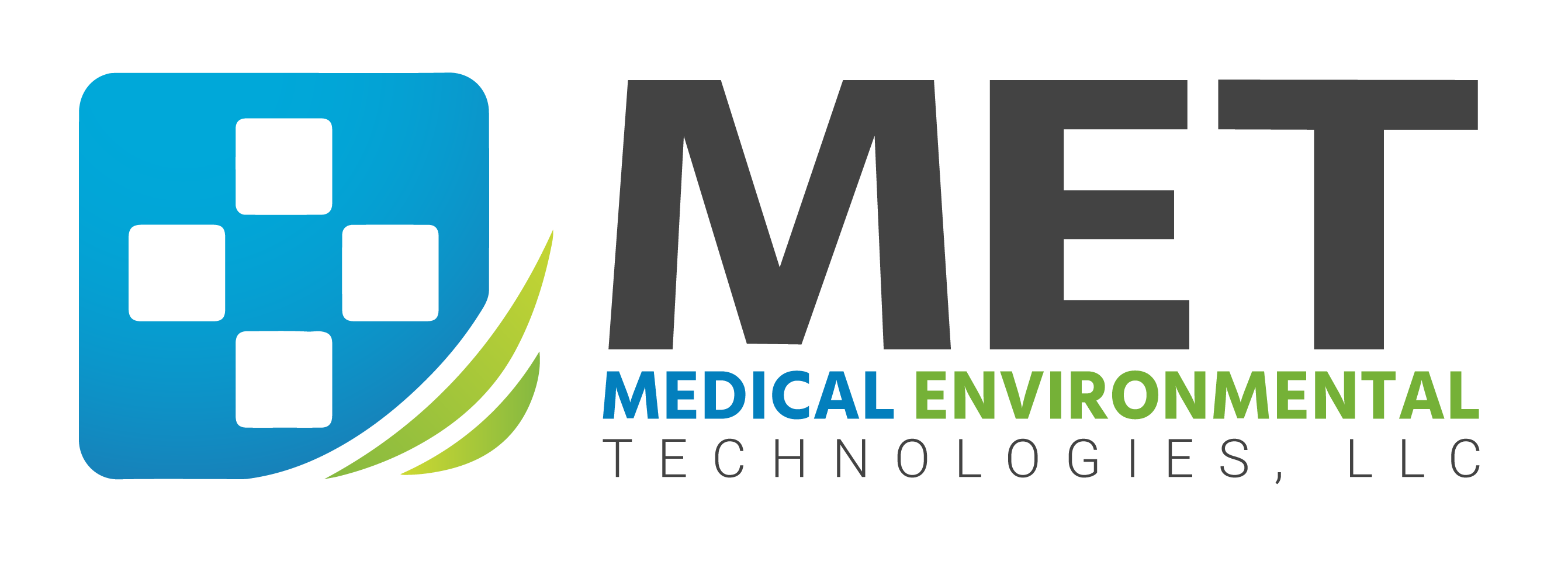Pressing Issues on Medical Waste Management
5/16/2023

Medical waste management is the framework for how healthcare institutions should properly dispose of any contaminated, infectious, and hazardous wastes.
Hospitals and other healthcare activities are the main sources of by-products that pose harm to people who are exposed to medical waste. According to a study published by the World Health Organization, 12% of HIV cases and 40% of hepatitis cases are from exposure and mishandling of medical waste.
Below are 2 of the most pressing concerns of healthcare waste management:
Exposure to hazardous medical waste can result in sickness, injury, and even death. These wastes contain infectious substances that can enter the body through inhalation, ingestion, or puncture.
If not handled properly, sharps such as needles, scalpels, and syringes can cut the skin allowing pathogens to be transmitted from one person to another. This health risk could help the spread of HIV infection and hepatitis in the community.
Aside from the possible health risk, we must also consider the impact of medical waste on our environment. Disposal of untreated wastes can lead to contamination and the possible spread of infection.
On the other hand, the use of strong chemicals for treatment and disinfection poses a significant risk to our water and land resources.
Incineration or burning of biohazard wastes is found to release cancer-causing pollutants and spreading of toxic metals to the environment.
Improper handling and disposal of medical waste is a serious concern that needs to be addressed. Medical waste management programs must promote safe and environmentally friendly alternatives.
Another answer to this concern is by developing systems and strategies to reduce the volume of harmful waste.
